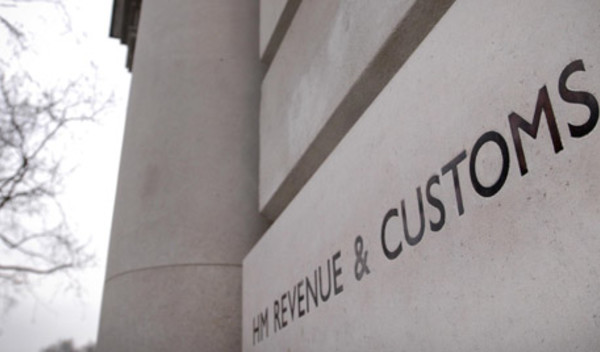

The government could be set to impose restrictions on the way a key tax relief used to shelter money from inheritance tax works after the next election, amid suggestions that a Conservative government may seek to increase the threshold at which the controversial tax kicks in.
Speaking at an FTAdviser tax planning seminar in London, Tom Elliot, partner at tax advisory firm Crowe Clark Whitehill, said he had heard “a whisper of a whisper” from contacts in government that it is mulling measures to limit the application of ‘business relief’.
In particular, he said minor changes could be brought in to current rules which remove ‘qualifying’ assets from an estate for IHT after just two years, in an effort to bring the rules closer to the original policy intention.
His comments come in the wake of an interview with the Sunday Times by Conservative chancellor George Osborne, who hinted that his party is likely to pledge a rise in the IHT nil-rate band in its pre-election manifesto.
People with knowledge of the party’s thinking have cited rumours that the threshold, currently frozen at £325,000, could be pledged at £1m, while others have said it could be as high as £2m.
Business relief, which was recently rebranded from business property relief, was introduced in 1976 to mitigate the inheritance tax bill faced by business owners by excluding their business assets from IHT when it was passed on to family members.
However, the rule has evolved over the years and now covers any unlisted asset held for two of the previous five tax years and still owned on death. Mr Elliot said a possible change would mean the asset having to be held for a number of years after death by the named beneficiary.
A number of schemes have grown in recent years to exploit the loophole in tax law, especially as growth in house prices has brought more middle class families into the tax net.
Mr Elliot was responding to questions from advisers in the audience, many of whom expressed concern that existing tax reliefs would be exposed after the election, as a result of the need to make further sizable austerity cuts and a likely lack of overall majority.
Mr Elliot said: “Conceptually this relief was introduced to allow business owners to pass on their asset from generation to generation. However, there is no restriction to stop [the beneficiary] from selling the asset.
“There is a whisper of a whisper that this could be changed to state the relief is available provided the asset stays in place for ‘X’ number of years after death.”
ashley.wassall@ft.com



